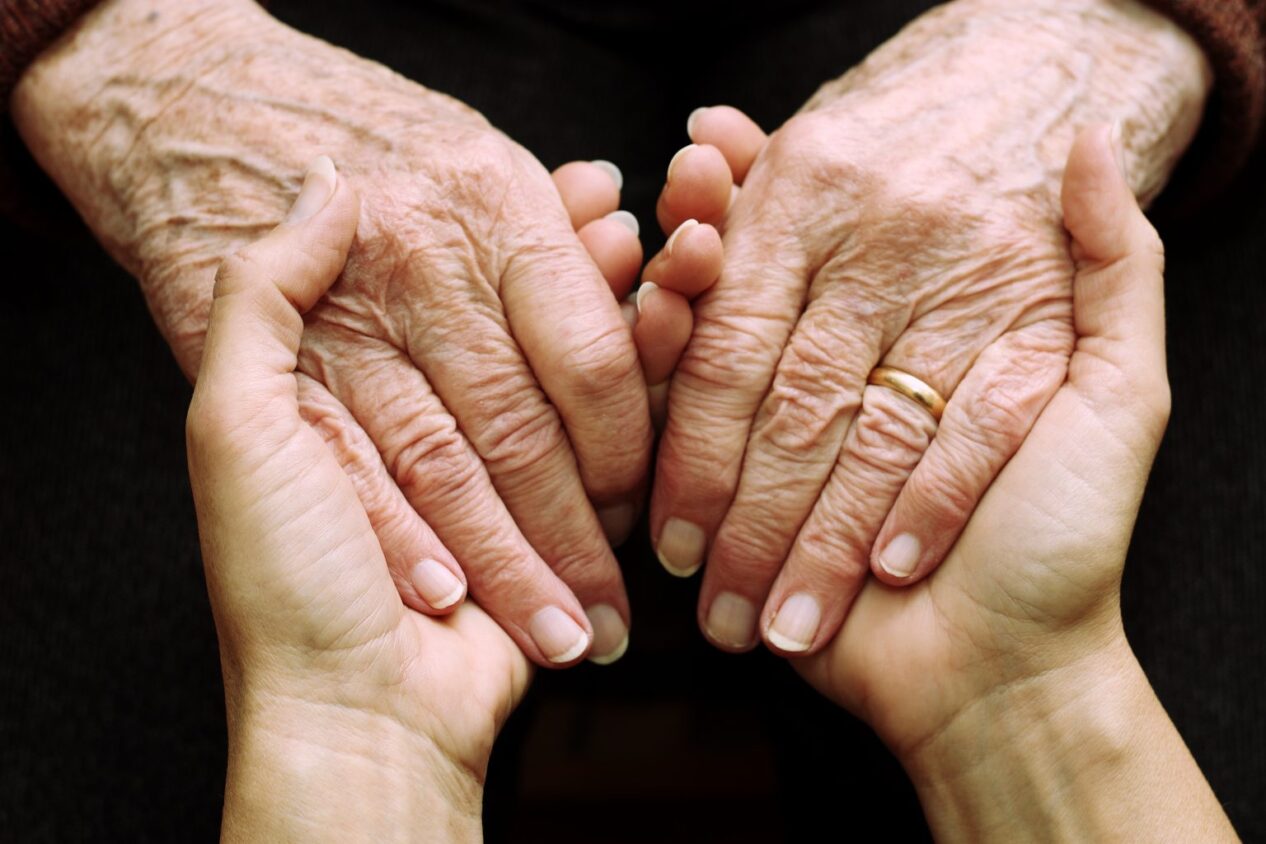
Dr. Donna Benton
By Donna Benton
Director, USC Family Caregiver Support Center
Research Associate Professor of Gerontology
With approximately 43.5 million Americans providing unpaid care for other people—from providing part-time support and transportation to helping someone with their daily basic needs—chances are that everyone knows a caregiver if they aren’t one themselves.
Caregivers make a huge difference in others’ lives, and caregivers in the U.S. provide more than $470 billion in unpaid care each year. But providing care for an elderly or disabled loved one can be an enormous amount of work and can take an immense toll on a caregiver. People caring for others have a higher risk of stress, depression, and physical injury, financial strain, and more.
That’s why it is so important for us as friends and loved ones of caregivers to support caregivers and let them know they are deeply appreciated. As we approach Thanksgiving and wrap up November’s National Family Caregivers Month, there’s no better time to do so than now.
The critical gift of respite care
The most important gift to give a caregiver is time to relax and recharge without worrying about the safety of the person they care for. A thoughtful gift of a shopping trip or weekend vacation means so much more when it includes arranging for the care for their loved one in their absence. Whether gift-givers step in to provide care themselves or arrange for professional in-home care, arranging respite care gives caregivers the peace of mind they need to fully take a break without guilt or worry. Professional home health services are available even for care recipients with complex medical needs.
Giving extra time
Even if you don’t directly provide respite care, there are plenty of additional ways to help out with a caregiver’s workload. Taking meals to them or arranging for meal delivery can free up a great deal of time, as can providing or arranging transportation for their loved one. Helping with organization, from gifting cleaning services to helping set up automatic online banking, can also return precious hours to caregivers who may be overwhelmed. Other timesaving gifts include helping with home or car repair, arranging grocery delivery, researching benefits and services for the care recipient, and even setting up (and teaching them how to use!) helpful technology and apps.
Fun and relaxing gifts
The stress of caregiving may also mean that caregivers spend far less time participating in activities they enjoy or spending time with other loved ones and friends. If they can’t get away from the house very often, home subscriptions to magazines, hobby kits, or crafting supplies are a great way to help them reconnect with something they love (especially if you also help them free up time to enjoy it!). Setting up home entertainment services, such as Netflix or other streaming video or music subscriptions, also provides relaxation options that are readily available at any time.
The intangible gift of friendship
Even simple gestures such as regular phone calls can make a world of difference to a caregiver; providing a non-judgmental ear for a caregiver going through a stressful time is critical. They may not always have something to talk about, but you can help them relax just by being positive and sharing happy stories and memories. Brightening their day (any day—no need to wait for birthdays!) with flowers, an inspirational message, or a joke can bring a much-needed smile to their face. And if the loved one they care for can no longer communicate their own appreciation to the caregiver, sending a message or gift on their behalf to the caregiver can help rekindle positive memories.
Since 1989, the USC Family Caregiver Support Center (FCSC) at the USC Leonard Davis School of Gerontology has placed a high priority on providing support across the continuum of caregiving, including diagnosis, prognosis, services that help maintain the care recipient’s independence and abilities, helping caregivers care for themselves, and manage their own well-being. Supportive services include information, assessment, individual consultations, respite, education, and training. Learn more at fcscgero.org or toll free at (855) USC-6060.





